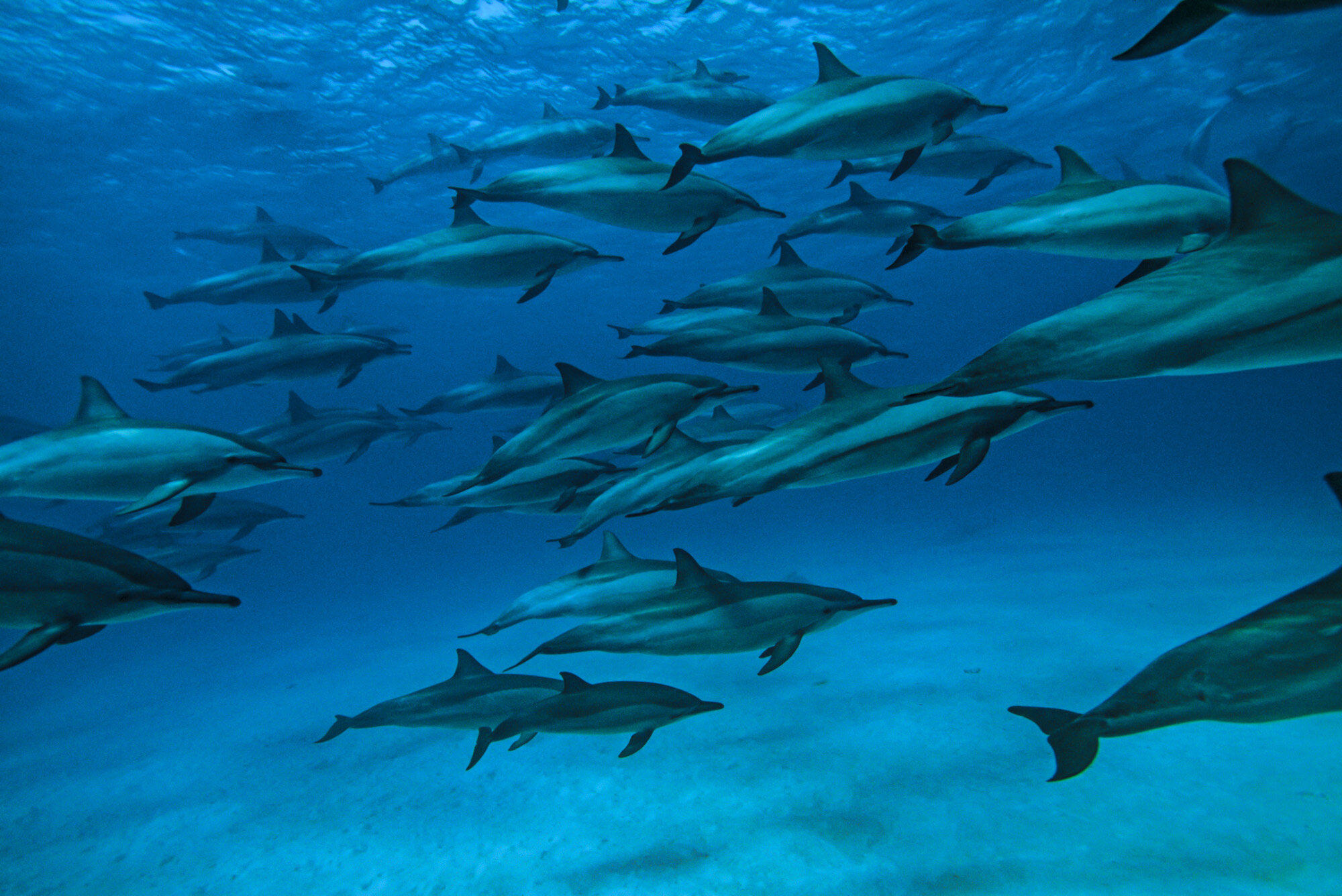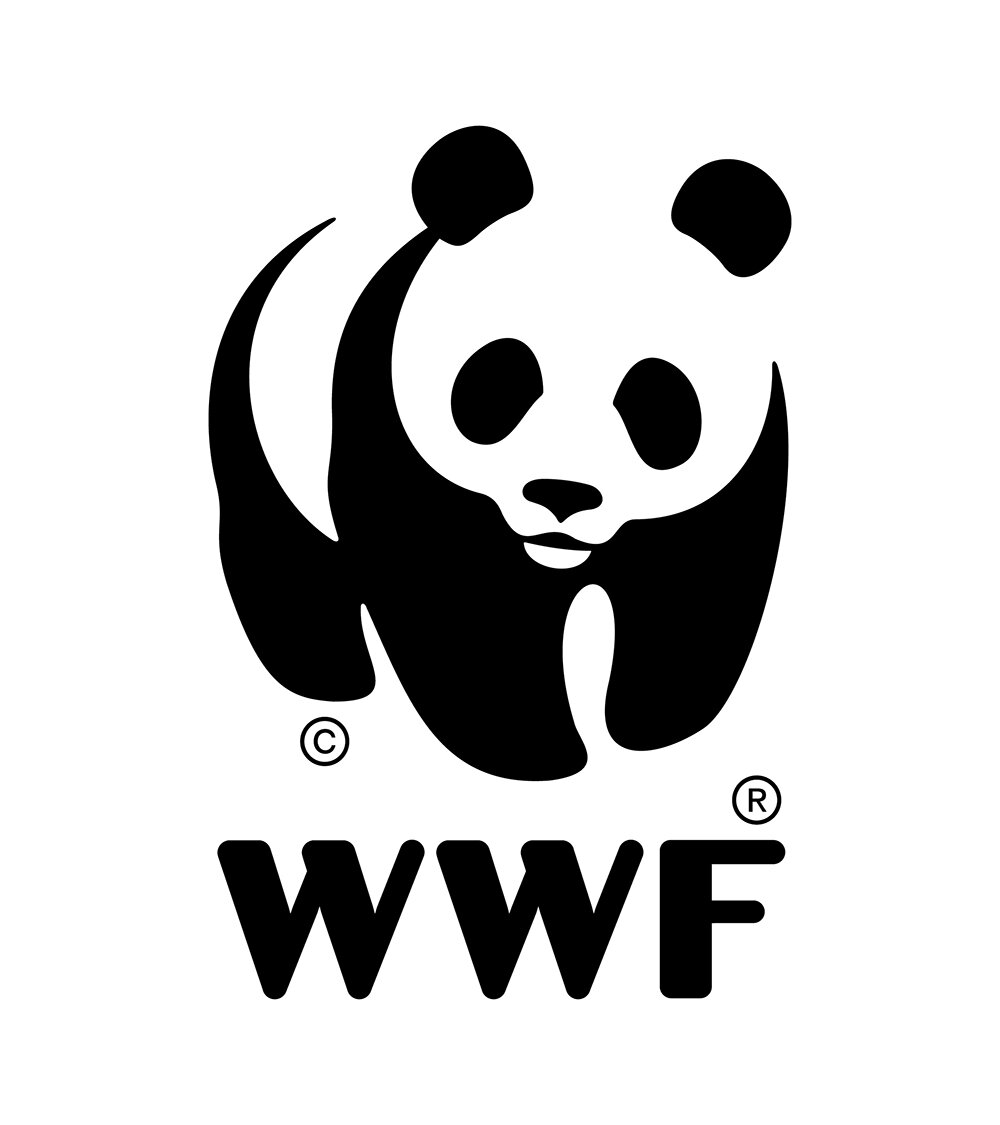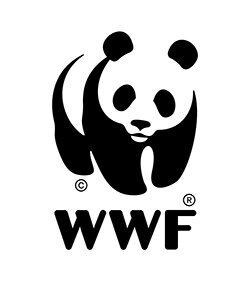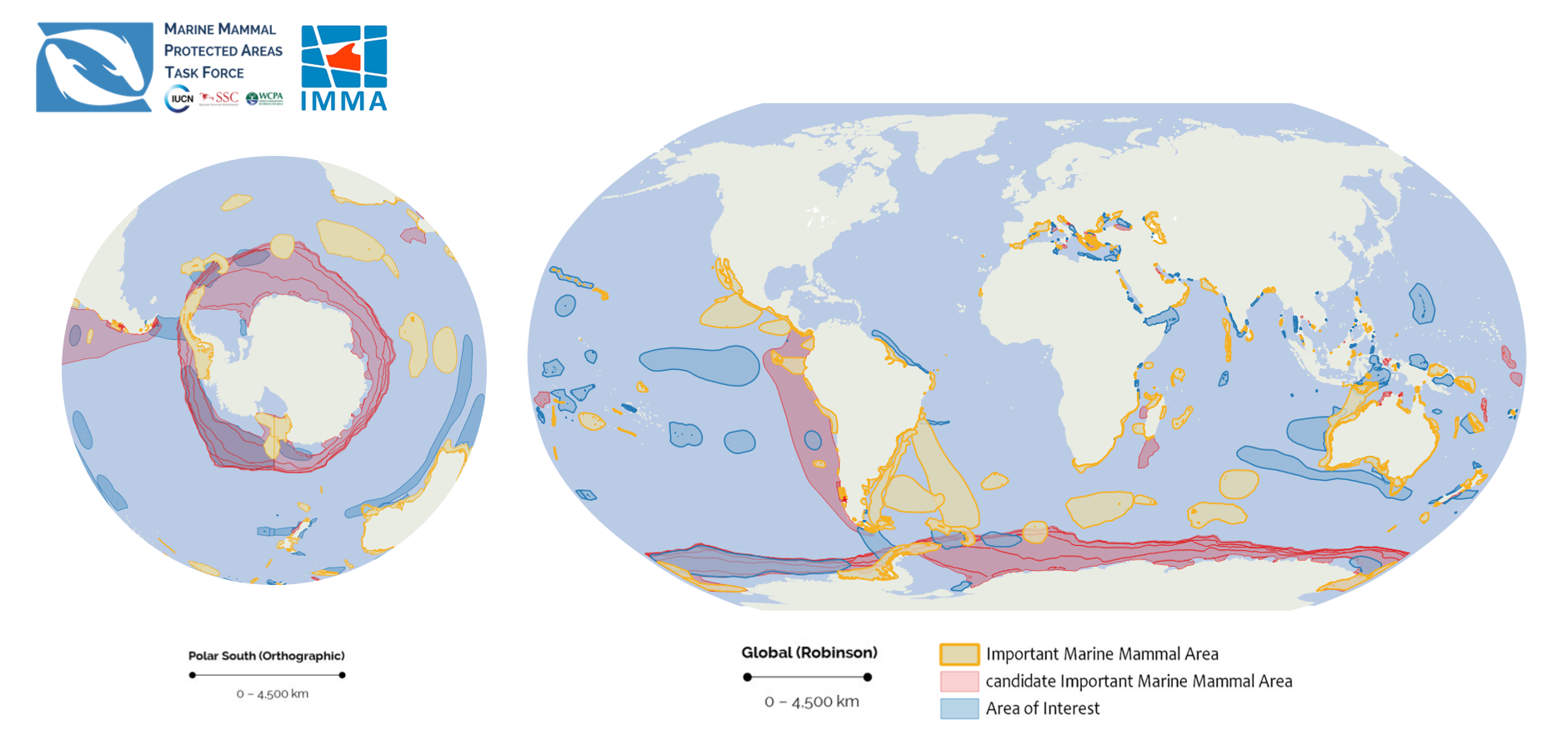
Latest news and stories about whale and dolphin conservation
Convention on Migratory Species meeting adopts stronger protection measures, including ecological connectivity
The 14th meeting of the Conference of the Parties (CoP14) of the Convention on Migratory Species of Wild Animals ended with the adoption of a set of stronger measures for the conservation of migratory species.
Arctic Watch: Navigating safe shipping in the Arctic
Expanding maritime activity in this area of the world presents new risks, including oil spills, vessel strikes, underwater noise, and other forms of human disturbance and pollution. To help mitigate these risks, WWF and the Marine Exchange of Alaska (MXAK) are working with experts to develop a set of wildlife alerts that MXAK will seasonally broadcast to vessels.
Mitigating bycatch: Policy innovation to fight growing fisheries bycatch in the Indian Ocean
WWF is working with partners to respond to the greatest threat to whales, dolphins and porpoises worldwide. Here we highlight collaborative efforts to implement effective policies in the Indian Ocean.
A noisy abyss: How deep seabed mining could impact whales
Deep seabed mining, should it be allowed to proceed, will cause a wide array of impacts on the ocean, including noise pollution, not to mention habitat destruction through the collection of mineral deposits from the seabed.
Whales: Nature-based buffers against the climate crisis
Whales play an important role when it comes to climate change mitigation. Scientists recently discovered that whales can capture significant amounts of carbon from the atmosphere. Estimates indicate that one whale’s ability to capture carbon from the atmosphere is equal to that of thousands of trees.
Countries fail to deliver greater protection for the Antarctic despite threats of record low sea ice and bird flu
Governments responsible for conserving Antarctic marine life have failed to deliver increased protection at a meeting in Hobart despite the threats of record low sea ice and the first cases of bird flu reaching Antarctica.
Record low sea ice signals need for swift and greater protection of Antarctica, warns WWF
WWF is calling on the Commission for the Conservation of Antarctic Marine Living Resources (CCAMLR) to prioritise the conservation of Antarctic wildlife and designate three new marine protected areas (MPAs) as sea-ice has declined to record lows, causing mass deaths of vulnerable species and potentially signalling Antarctica's shift to an unstable state.
International experts map critical habitats for whales and dolphins in the South West Atlantic Ocean, ready for further conservation and protection
Regional experts, along with the IUCN Marine Mammal Task Force, have identified and mapped 33 new Important Marine Mammal Areas (IMMAs) stretching from the Guianas, north of the Brazilian Amazon, to the tip of Tierra del Fuego, Argentina.
Using acoustic sonar technology to locate and tackle ghost gear
WWF France is helping tackle ghost gear in the Mediterranean Sea. Their main goal is to help reduce the amount of lost gear in French Mediterranean waters by using an innovative and efficient way to locate ghost gear: acoustic sonar technology.
Uncovering whale superhighways in the Southern Ocean
Antarctica's majestic great whales have long captured the fascination of researchers, but studying these ocean giants is challenging. Technology is an indispensable tool in unravelling the mysteries of these enigmatic creatures.
Solving the mystery of the declining South African southern right whale population by discovering their blue corridors
Research Manager Dr Els Vermeulen and her team are focused on solving a scientific mystery. Since 2009, very few southern right whales have been seen along the South African coastline.
There are ways to safeguard nature from underwater noise pollution, we just need the political will
From 23 to 27 January, representatives from 175 countries that make up the UN International Maritime Organization (IMO) – the regulatory body for shipping globally– will meet in London at the Sub-Committee on Ship Design and Construction (SDC) meeting to continue their review of IMO guidelines to reduce impacts of underwater noise from shipping.
New research: Krill availability impacts humpback whale pregnancies
New research shows reduced krill supplies lead to fewer pregnancies in humpback whales – a finding that could have major implications for industrial krill fishing.
For a Thriving Ocean: Collective Action to Protect Whales and Dolphins
The theme of this year’s United Nations World Oceans Day on 8 June 2022 is ‘Revitalisation: Collective Action for the Ocean’. We’re highlighting the collective action between WWF’s Protecting Whales & Dolphins Initiative experts, industry, policy makers and governments around the world to safeguard our ocean giants for a thriving ocean.
Innovation and resilience offer hope for the world’s most endangered whale
Today is Endangered Species Day and we’re highlighting the North Atlantic right whale. With just 336 animals left, they are one of the most endangered whales on the planet. Technological innovation and collaboration between science and fisheries is providing newfound hope for these iconic ocean giants.
Why we must protect North Atlantic right whales’ ‘migration superhighways’
If their population continues to decline, North Atlantic right whales may go extinct in less than 30 years. While the task is daunting, protecting their blue corridor from these major threats — including dynamic and mandatory vessel slowdowns and reduction of vertical fishing lines — is possible, and critical, to ensuring the survival of this species.
Whales on the move - mapping threats and solutions for our ocean giants
The growing dangers whales face worldwide along these epic journeys are signs of an unhealthy ocean, and reveal how the ocean connects us all.
World-First Map Exposes Growing Dangers Along Whale Superhighways
World-First Map Exposes Growing Dangers Along Whale Superhighways. A new global report by WWF and the marine mammal science community calls for urgent action to safeguard whales amid mounting threats along their migratory routes.
Making Noise for Quieter Ships: Why We Need to Reduce Underwater Noise Pollution
The IMO needs to develop mandatory measures to truly limit underwater noise pollution — by keeping the guidelines voluntary, there is no mandate for action.
Protecting whales is climate positive
Protecting whales: a climate-positive solution for Biden’s Leaders Summit this Earth Day





















